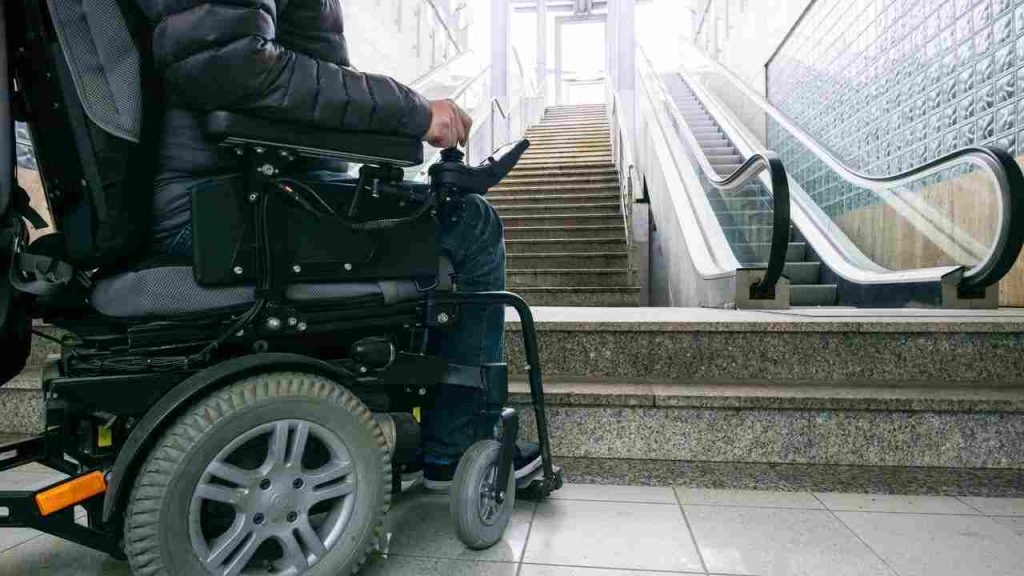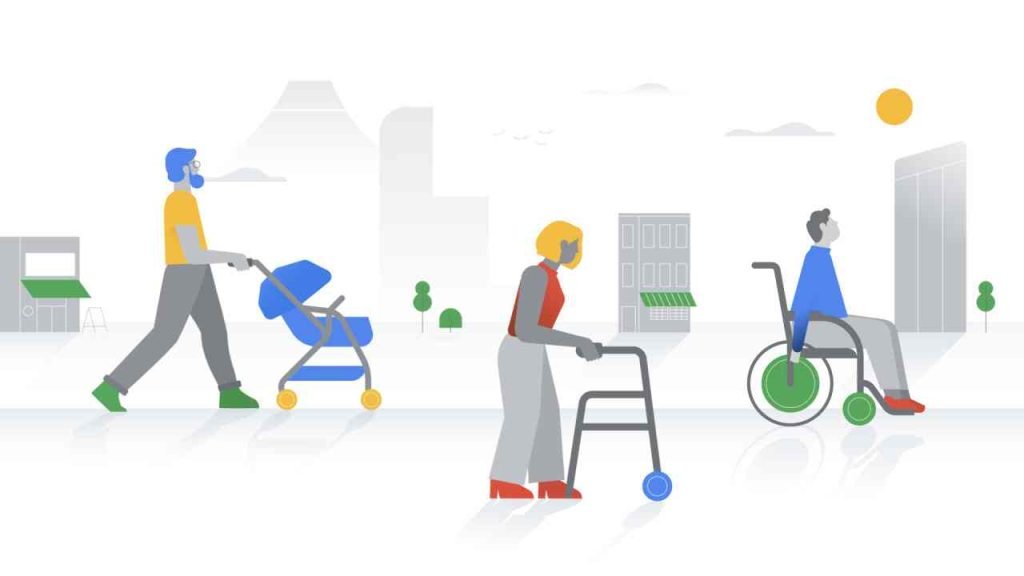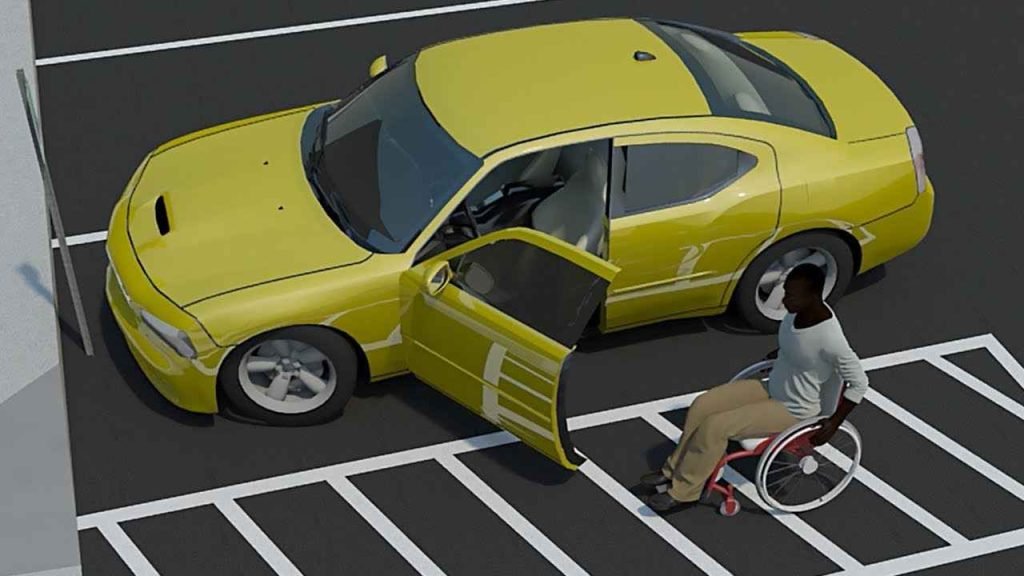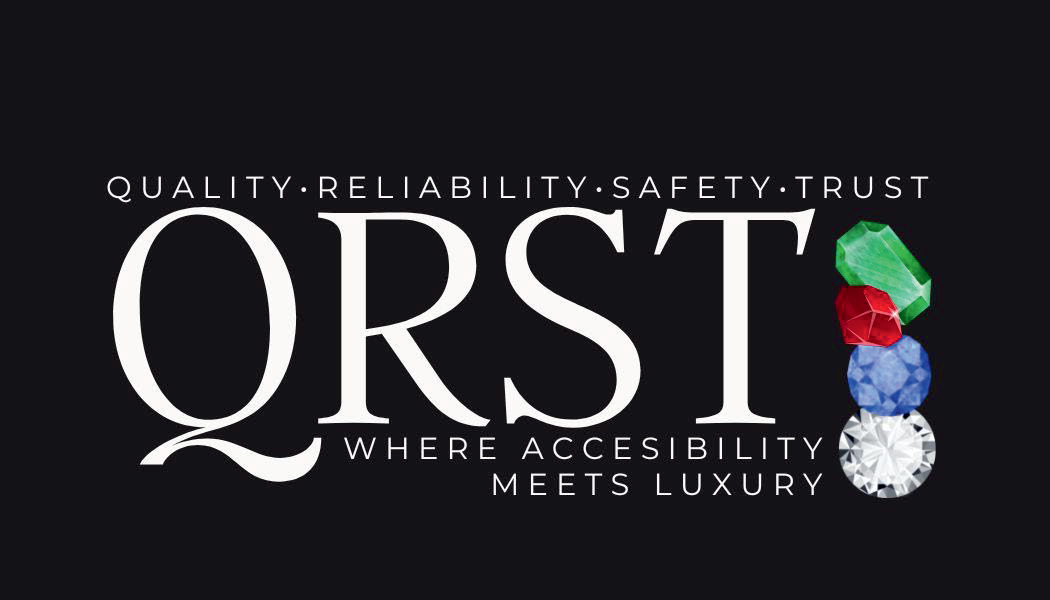In the bustling streets of Washington, wheelchair passengers have rights that ensure their accessibility and inclusion in various aspects of daily life. These rights extend to public transportation, private businesses, and public facilities, with a focus on eliminating barriers and discrimination. Washington’s commitment to accessibility means that wheelchair users have the right to accessible transportation options, equal access to goods and services, and the assurance of a barrier-free environment. In this discussion with certified team of QRST Wheelchair Transportation Service, we’ll delve into the specific rights and protections that wheelchair passengers enjoy in Washington, highlighting the state’s dedication to creating an inclusive and equitable society for all.

Accessibility in Public Transportation
In Washington, where pre-scheduled wheelchair transport services operate, wheelchair passengers have the fundamental right to accessible public transportation. This includes buses, trains, and other modes of public transit, all of which are mandated by the state to be wheelchair-friendly. These services ensure that ramps, lifts, and designated spaces for wheelchairs are readily available, providing individuals with mobility challenges who rely on pre-scheduled transport services the ability to move around the city with ease and convenience.
Equal Access to Public Facilities
In the DMV region, including Washington, wheelchair passengers enjoy equal access to public facilities such as government buildings, parks, and recreational areas. These facilities must adhere to the Americans with Disabilities Act (ADA) standards, guaranteeing wheelchair accessibility, ramps, elevators, and accessible restrooms. This commitment to accessibility is vital for disabled individuals in the DMV, ensuring their full participation in public life and emphasizing the significance of accessible transportation options in the region to enhance their overall quality of life.

Non-Discrimination in Private Businesses
In Washington and beyond, including the comparison of Non-Emergency Medical Transportation (NEMT) and Private Wheelchair Transportation, private businesses such as restaurants, hotels, and retail stores are subject to anti-discrimination laws. Wheelchair passengers have the right to enter and navigate these establishments without facing discrimination or barriers to access. This commitment to inclusivity extends to the choice between NEMT and private wheelchair transportation, ensuring that individuals with mobility challenges can enjoy the same services and experiences as everyone else, regardless of their transportation preference.
Transportation Accommodations
Washington state law requires transportation providers, including taxis and ride-sharing services, to make reasonable accommodations for wheelchair passengers. This may involve having accessible vehicles available, training drivers to assist passengers with disabilities, and ensuring that booking and payment processes are wheelchair-accessible.
Accessible Parking and Facilities
Wheelchair passengers have the right to accessible parking spaces and facilities in Washington. Public parking lots, garages, and businesses must provide designated accessible parking spots that comply with ADA standards. Additionally, public restrooms, entrances, and other facilities should be wheelchair-friendly, allowing individuals with mobility challenges to navigate their surroundings comfortably.

Protection from Discrimination
Washington State has strong anti-discrimination laws in place, including the Washington Law Against Discrimination (WLAD) and the ADA. These laws protect wheelchair passengers from discrimination in employment, housing, public accommodations, and other areas of life, ensuring that they can access services and opportunities on an equal basis with others.
Legal Framework for Wheelchair Passengers
The legal framework in Washington is designed to uphold the rights of wheelchair passengers. Various federal and state laws, including the ADA and WLAD, provide a solid foundation for protecting these rights. In case of discrimination or denial of access, wheelchair passengers can seek legal recourse to enforce their rights and seek remedies.
Reasonable Accommodations
Wheelchair passengers have the right to reasonable accommodations in Washington. This means that businesses and service providers must make necessary adjustments to policies, practices, or facilities to ensure that wheelchair users can access their services or premises. Reasonable accommodations are a key component of promoting inclusivity and eliminating barriers.
Complaint and Enforcement Mechanisms
Washington state offers channels for wheelchair passengers to file complaints and seek enforcement of their rights. These mechanisms include contacting state agencies, such as the Washington State Human Rights Commission, which handles discrimination complaints, and the U.S. Department of Justice for ADA-related grievances. These avenues help ensure that violations are addressed promptly and appropriately.
Advocacy and Support Organizations
Numerous advocacy and support organizations in Washington work tirelessly to protect and promote the rights of wheelchair passengers. These organizations offer resources, guidance, and advocacy services, empowering wheelchair users to assert their rights effectively and navigate the legal landscape when necessary.
Promoting Inclusivity in Washington
Ultimately, Washington is committed to promoting inclusivity and ensuring that wheelchair passengers can live, work, and move about the state with dignity and equal access. The collective efforts of lawmakers, advocacy groups, and the community contribute to a more accessible and inclusive environment for all residents and visitors, reinforcing the belief that accessibility is a fundamental right for everyone.
Conclusion:
In conclusion, the rights of wheelchair passengers in Washington embody the state’s commitment to inclusivity, accessibility, and equal opportunities for all residents. Through stringent anti-discrimination laws, accessible public transportation, and the enforcement of ADA standards, Washington safeguards the rights of individuals with mobility challenges. These rights extend across various aspects of life, encompassing public facilities, private businesses, and transportation services. The legal framework and advocacy efforts underscore the state’s dedication to eliminating barriers and ensuring that wheelchair users can participate fully in society.
FAQs:
Is Washington DC wheelchair accessible?
Yes, Washington, D.C. is largely wheelchair accessible, with many public buildings, transportation options, and businesses complying with ADA standards.
What are the rights of disabled tenants in Washington state?
Disabled tenants in Washington state have the right to reasonable accommodations and modifications in housing, as well as protection from discrimination based on their disabilities under the Washington Law Against Discrimination (WLAD) and the federal Fair Housing Act (FHA).
What is the definition of disability in Washington state?
In Washington state, disability is defined as a sensory, mental, or physical impairment that significantly limits one or more major life activities, including but not limited to walking, seeing, hearing, and cognitive functions, as per the Washington Law Against Discrimination (WLAD) and the Americans with Disabilities Act (ADA).
How wheelchair accessible is the US?
The accessibility of the United States varies, with significant progress made in recent years. While many public facilities and services are wheelchair accessible, challenges, such as aging infrastructure and uneven compliance, still exist, prompting ongoing efforts to improve accessibility nationwide.
Why wheelchair accessibility is important?
Wheelchair accessibility is crucial because it promotes inclusivity, equal opportunities, and independence for individuals with mobility challenges, allowing them to participate fully in society. It ensures that public spaces, services, and facilities are usable and accommodating for all, fostering a more equitable and diverse community.
